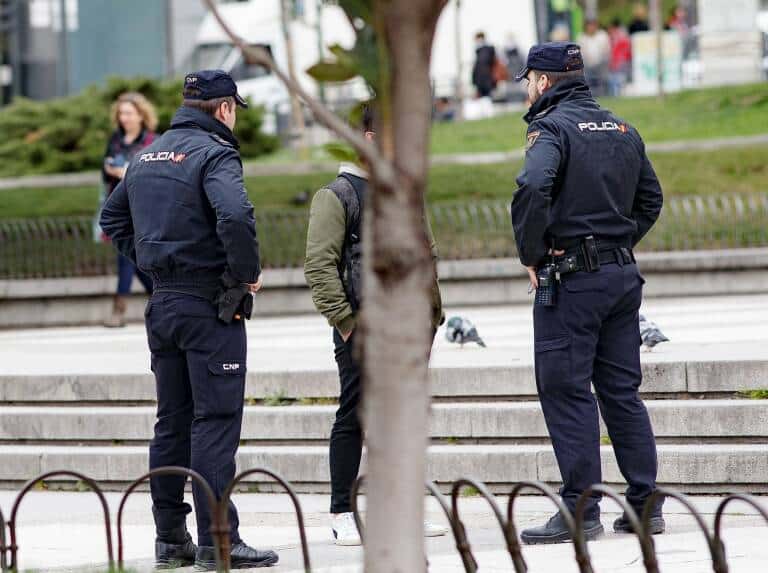Of every 100 fines issued by the National Police or the Civil Guard in the Valencian Community during the first State of Alarm, 94 have not been paid more than six months after the restrictions were lifted, according to data from the Ministry of Territorial Policy.
During the lockdown the government centralised the processing of complaints issued by the National Police and the Civil Guard, the regional police and local police during which time state bodies filed around 100,000 complaints for non-compliance with restrictions and confinement.
However, according to the latest data, only 6,000 fines of the total number issued have been paid.
Government officials who are processing the complaints filed by the agents have said that a significant percentage of them cannot be processed due to mistakes on the form: absence of essential data, errors in the data collected, etc. It is estimated that over 20% of forms could be affected.
As soon as the offender is notified of the complaint, he / she can opt for prompt payment, which carries a 50% reduction in the fine. This is how most of the penalties paid so far have been settled.
The remainder continue their administrative processing, where the offender can present mitigation which is then taken into account by the officials.
After this stage, if the person denounced continues to disagree with the resolution, they can choose to take it to the contentious-administrative courts, which is what is happening with most of the outstanding cases. The reason being that legal doubts have arisen regarding the legality of these sanctions.
It is now suggested that there could be an avalanche of hearings in the courts with the high possibility that the judges would end up cancelling many of the fines.
The appeal courts of Segovia, Pamplona, Vigo, León, Lugo and Valladolid have already dismissed many of the sanctions in this regard, the vast majority based on an infraction for disobedience included in the Security Law Citizen of 2015, known as the ‘gag law’ .
Initially, the Ministry decreed that the mere breach of the restrictions be considered as disobedience, but as pointed out by many jurists, and now many of the the judges, in order prosecute for disobedience it is necessary that the agents warn the violator in question of non-compliance and that he / she refuses to abide by the restrictions.
Without this warning and a subsequent refusal, there can be no disobedience, according to the jurisprudence that is being adopted in this line.





